172 Results
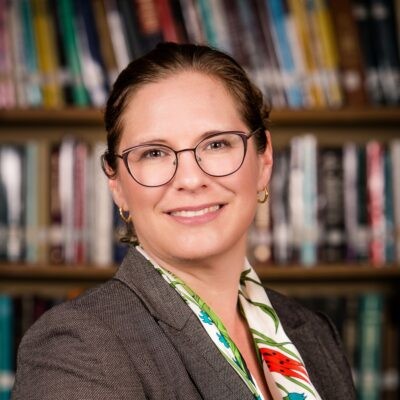
Saints and Stylites: A Q&A with Dina Boero
Aug 28 2025
Hagiography Society Article Prize-winner Dina Boero tells us about “stylites,” Christian saints who lived for years and even decades on top of columns.

Domestic worker activism and anti-fascism: A Q&A with Katherine M. Marino
Aug 26 2025
Who speaks out against fascism—is it only the most powerful or politically connected who can do so, or is it those whose rights are most in danger?
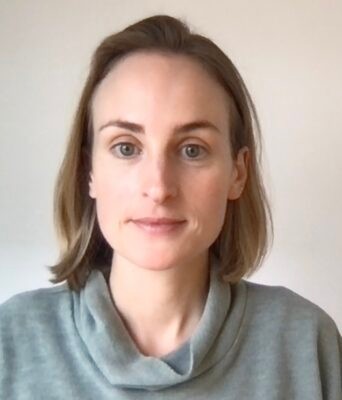
Martyr Photography: A Q&A with Lucy O'Sullivan
Aug 25 2025
"Latin American & Latinx Visual Culture" author Lucy O'Sullivan answers questions about her ALAA-acknowledged article on "Martyrdom in the Age of Mechanical Reproduction."
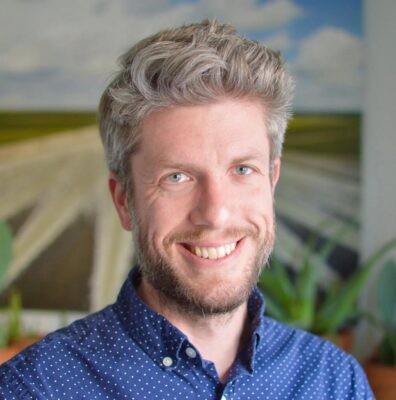
The "Journal of the American Musicological Society" Introduces an Author Interview Series
Aug 11 2025
"JAMS" editor Jake Johnson conducts video interviews with the contributors to the journal's Spring 2025 issue.
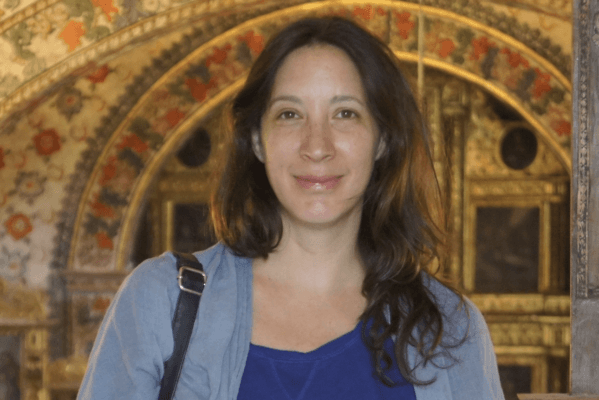
The Ideals, Imaginaries, and Symbolisms of Hospital Nursing: A Q&A with Claudia Agostoni
Aug 05 2025
We talk with Claudia Agostoni about her "Mexican Studies" article examining the training, work, and qualities of hospital nursing staff in Mexico City during the 1940s and 1950s.
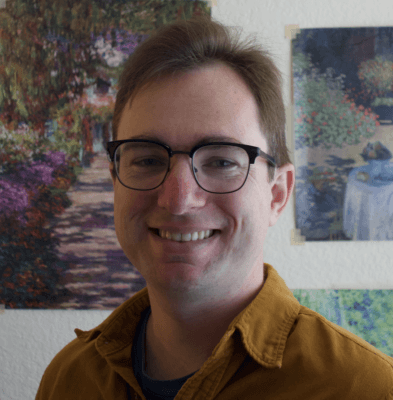
Epidemics, Quarantine, and Japanese American Incarceration: A Q&A with Jonathan van Harmelen
Aug 01 2025
Inspired by the COVID pandemic and his ongoing research on Japanese American history, historian Jonathan van Harmelen investigates the medical history of the Japanese American incarceration during World War II.
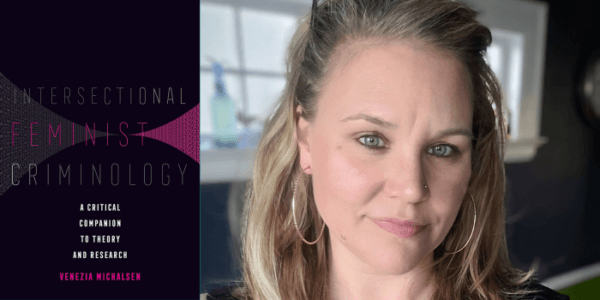
Q&A with Venezia Michalsen, author of "Intersectional Feminist Criminology"
Jul 11 2025
Author Venezia Michalsen discusses her motivations for writing the book and the impact she hopes it will have on other Criminology students and scholars.

Native peoples and the U.S.-Mexico Border: Q&A with Jennifer Bess
May 21 2025
Borders mark off the place where one nation ends and another begins. But what happens when you belong to a people that has lived on both sides of the border, since long before the border even existed?

Q&A with Julia Alekseyeva, author of "Antifascism and the Avant-Garde"
Mar 31 2025
Author Julia Alekseyeva discusses what lessons antifascist avanat-garde documentaries from the 1960s hold for our current political moment.

Q&A with Masha Salazkina, author of "Romancing Yesenia"
Mar 30 2025
Masha Salazkina, author of "Romancing Yesenia" and "World Socialist Cinema" discusses how the 70's Mexican melodrama "Yesenia" became the highest grossing movie in the history of Soviet film exhibition—and what we can learn by studying popular culture on a global scale.